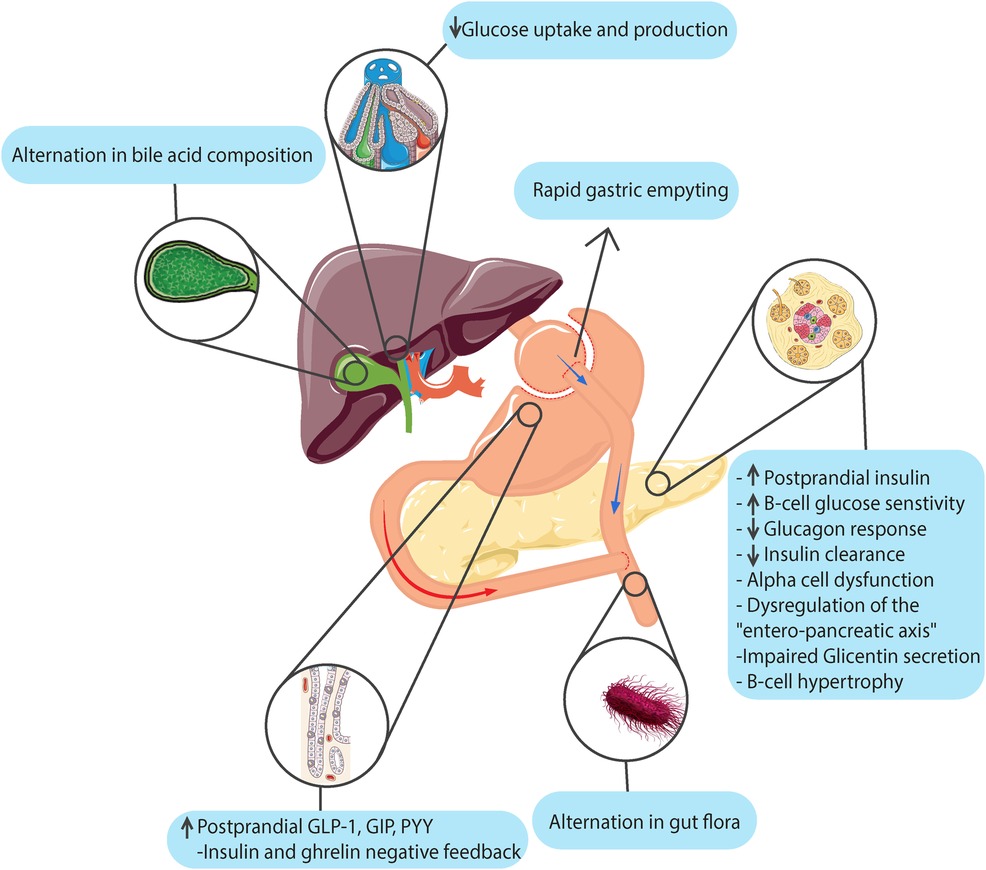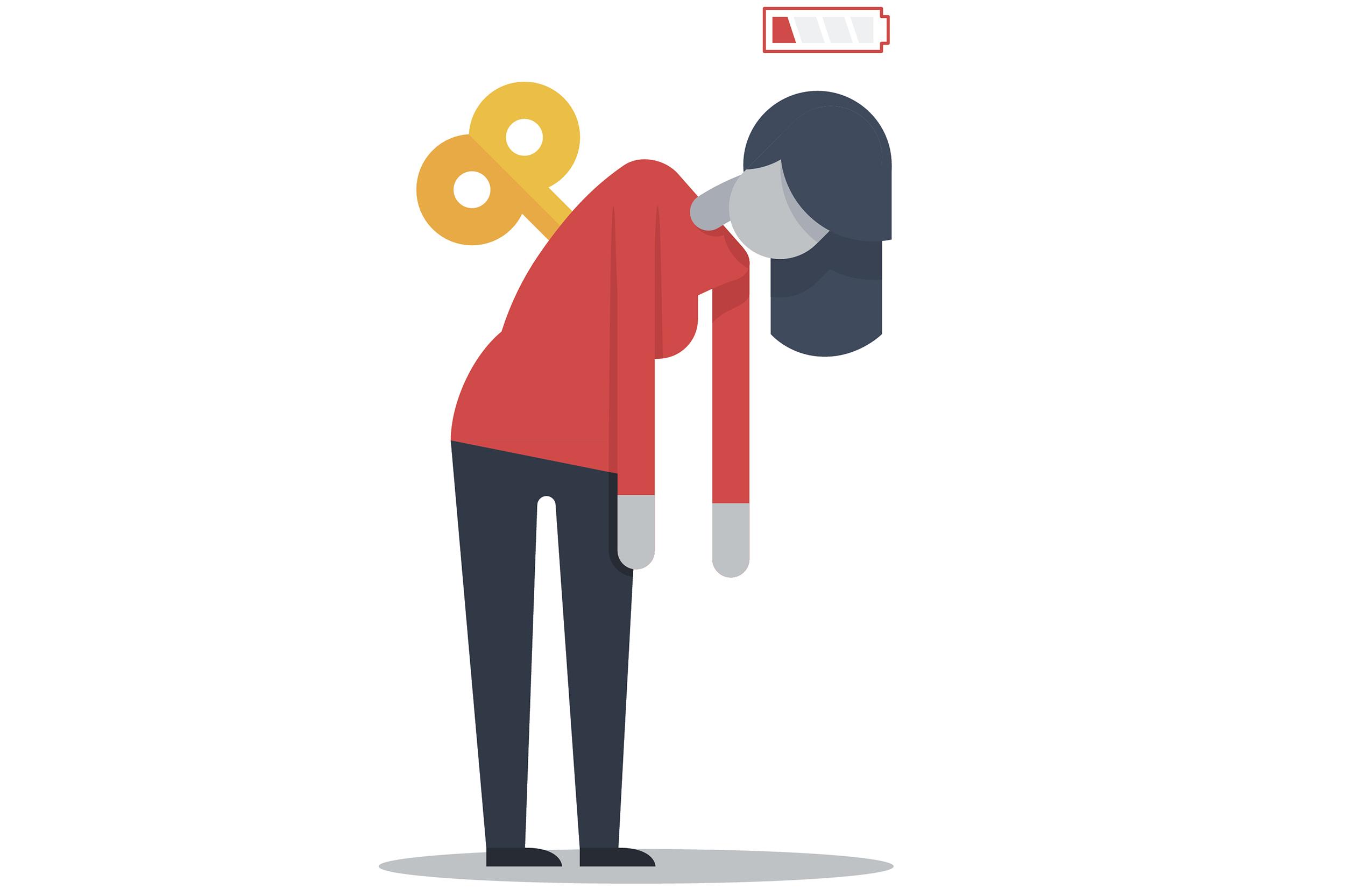Acupuncture is an ancient healing practice rooted in Traditional Chinese Medicine (TCM) that has gained global recognition as an alternative therapy. This technique involves inserting thin needles into specific points on the body to stimulate energy flow, or “qi,” and promote natural healing. Acupuncture is widely used to relieve chronic pain, reduce stress, and support overall well-being. Modern research has also highlighted its effectiveness in treating conditions such as migraines, arthritis, digestive disorders, and even anxiety. With growing scientific support, acupuncture has become a popular complementary treatment alongside conventional medicine.
The effectiveness of acupuncture is attributed to its ability to stimulate the nervous system, improve blood circulation, and trigger the release of endorphins—natural painkillers in the body. Studies have shown that acupuncture can help reduce inflammation and balance the body’s internal systems, making it beneficial for pain management and stress relief. Many patients turn to acupuncture when conventional treatments fail to provide relief, especially for conditions like lower back pain, fibromyalgia, and insomnia. In recent years, Western medical institutions have integrated acupuncture into their treatment plans, recognizing its potential in holistic healthcare.
Perspective, acupuncture is supported by certified practitioners, scientific studies, and centuries of practical application. While some skeptics argue that its effects may be placebo-based, numerous patients report significant improvements in their health and quality of life. As more clinical research emerges, acupuncture continues to establish itself as a credible and effective alternative medicine, offering natural relief for various health conditions without the side effects of pharmaceutical drugs.






